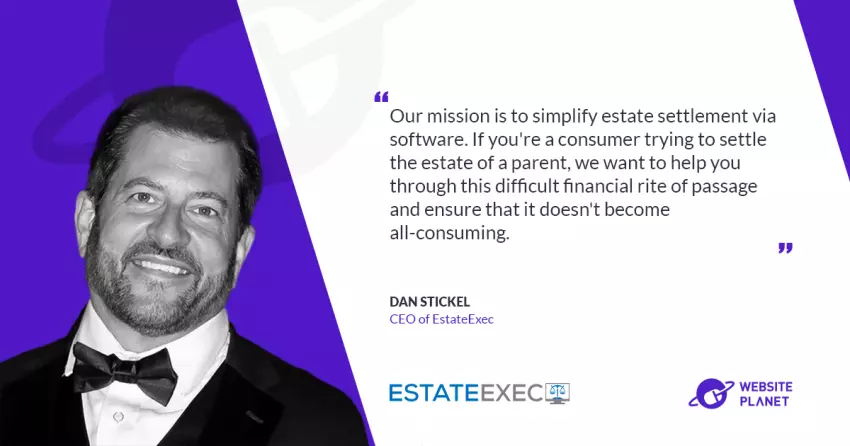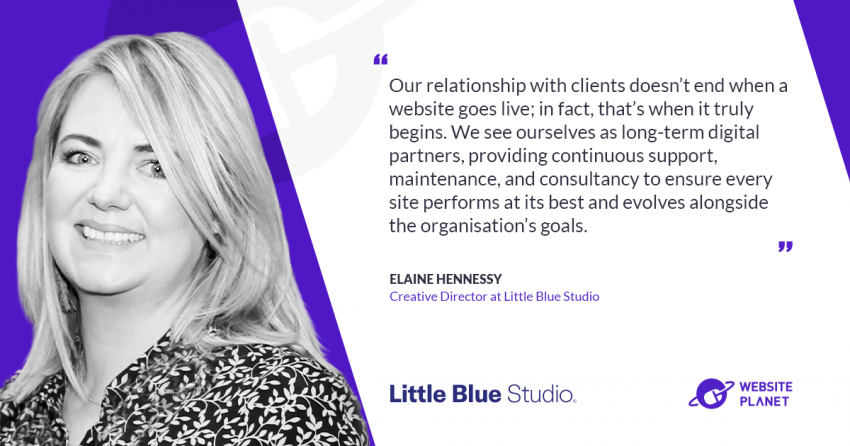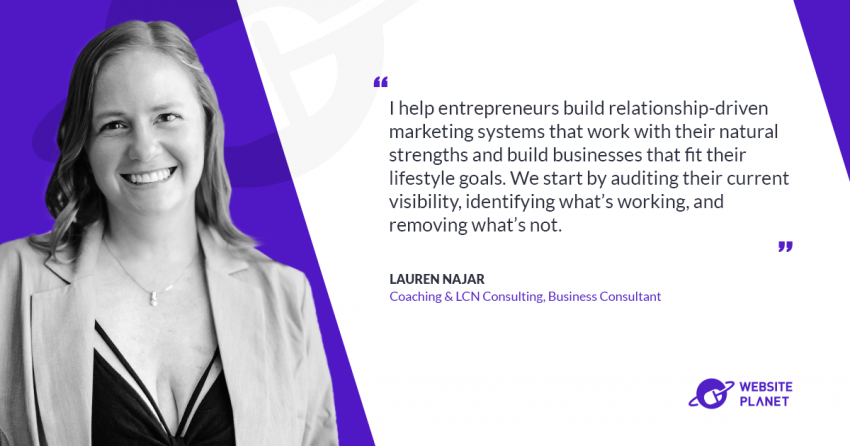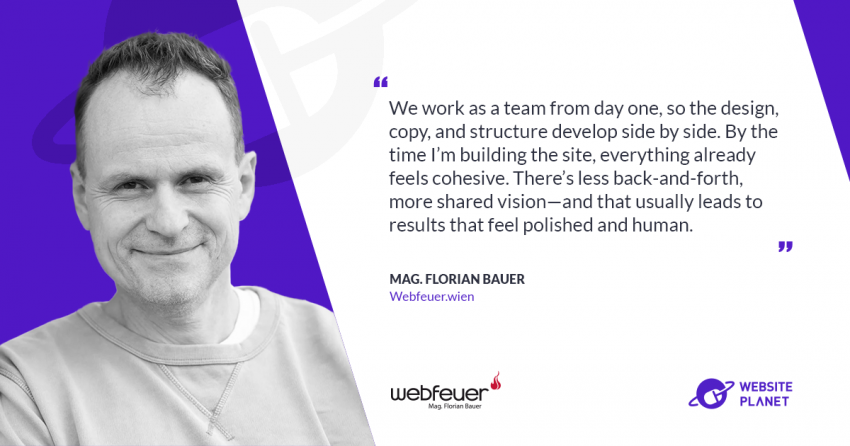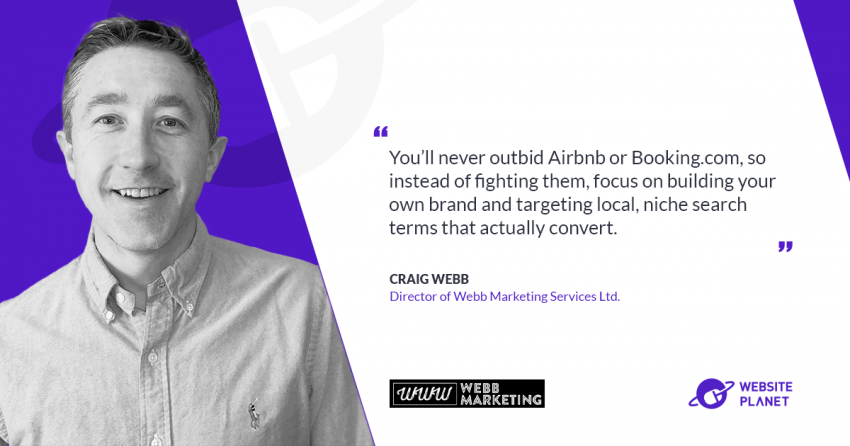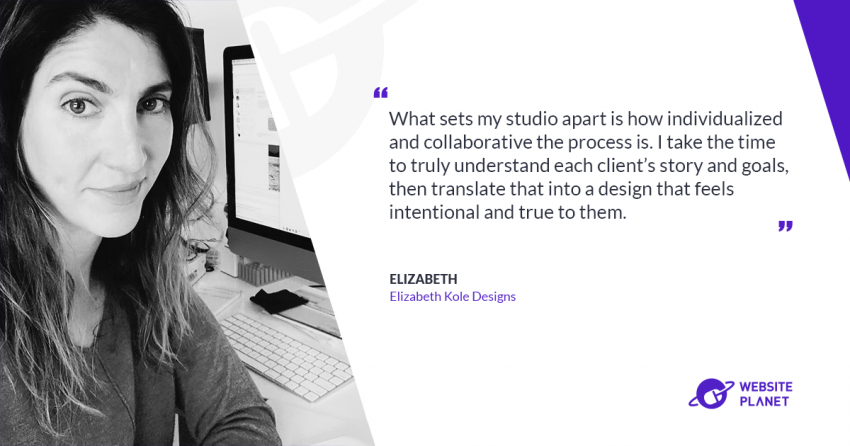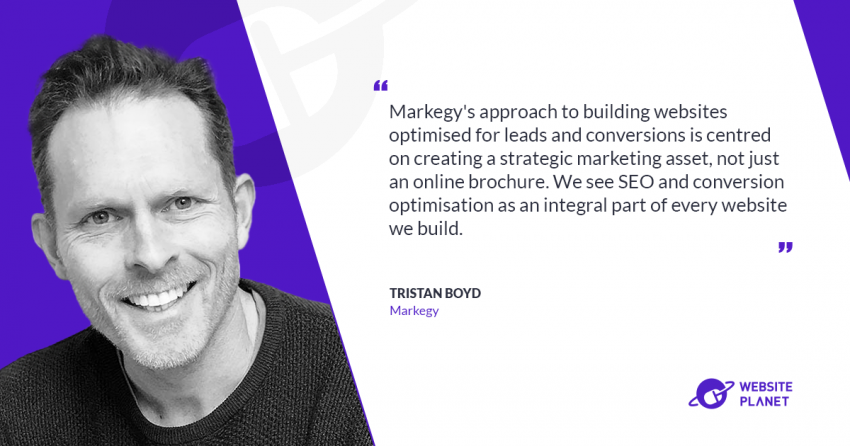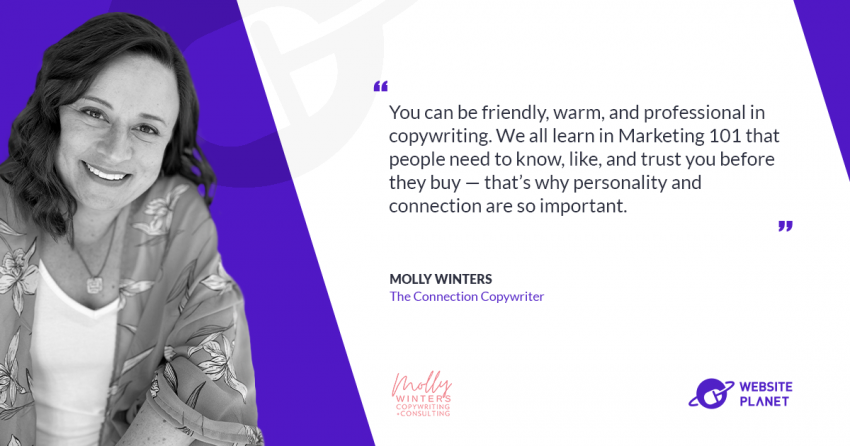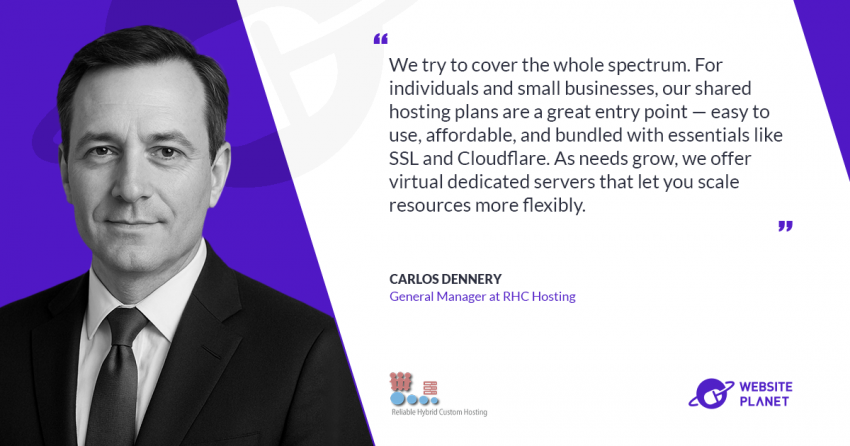Navigating estate settlement can be a daunting task, especially for those unfamiliar with the legal and administrative processes involved.
In an interview with Website Planet, EstateExec’s founder Dan Stickel shares how their innovative online software simplifies estate settlement for executors, whether they’re first-timers or seasoned legal professionals. With roughly three million estates needing to be settled annually across the US and Canada, EstateExec provides essential guidance, customized estate accounting, and step-by-step support tailored to the specifics of each case.
By removing much of the complexity, EstateExec empowers executors to complete their duties efficiently, saving them both time and expense.
Could you give our audience an introduction to EstateExec?
EstateExec is online software that helps people settle estates, whether they’ve never done it before, or they’re professional lawyers.
Roughly 3M people die in the US and Canada every year, and by law, the affairs of those people must be wrapped up, or in other words, their estates settled: final bills paid, government offices notified, assets distributed to the rightful heirs, and more.
Setting up an estate is actually quite complicated and a lot of work, but our software simplifies the process, saving time and money. It provides step-by-step guidance automatically customized by the particulars of the estate, along with integrated estate accounting.
EstateExec supports each US state and Canadian province.
Can you tell us the story behind your company? What sparked the idea, and how has it evolved over time?
In 2013, my father passed away and I was named executor of his estate. I hadn’t ever served as an executor before, and I was shocked by how archaic the estate settlement process was. It was almost as if the process was still stuck back in the 1800s, untouched by the passage of time.
Setting up an estate is a lot of work. There are a number of tasks that need to be accomplished, covering a wide range of activities, from notifying the Social Security Administration, to applying for probate, to cleaning out the residence, to publishing an official notice of death, to allocating belongings to the heirs, and on an on until the estate is finally distributed.
Often a son or daughter of the person who passed away is named the executor: the person responsible for settling the estate. Most of these sons or daughters have no idea what they’re supposed to do, and they’re desperately looking for help and guidance. Traditionally, these executors turn to probate lawyers to help them, but it’s STILL a lot of work and expensive. .
We did a widely quoted study that found that it takes the average executor 16 months and 570 hours of work to settle an estate. Plus over $10,000 dollars in legal and accounting fees (BTW, these fees can increase quite a bit when dealing with larger estates). Just because an executor hires a lawyer doesn’t mean that he or she is done and can go play golf! No, there’s still a lot of work that the executor personally has to do. Think about paying your income taxes. You don’t hire an accountant, and then walk away. No, the first thing that happens is that the accountant gives you a lot of homework to collect all sorts of information.
Anyway, I saw all this and realized that this area needed help, and have already started several successful software companies, and having worked as an executive high-tech trailblazer like Google, that I could do it, bringing relief to the millions of executors and probate lawyers who serve every year.
At first, we focused EstateExec purely on executors trying to settle an estate after the estate owner had died. That’s the position I had been in, and while there are many resources to help people doing estate planning (which is optional), at the time there were basically no resources to help them with estate settlement (which is mandatory).
Once people started to use our software, and saw how helpful EstateExec was, they started asking if they could use it in advance, to simplify things for their own eventual executors. While the product was close to working for that scenario, there were some key changes we needed to make, which we have now done.
At the same time, our neighbors to the north, in Canada, started asking if we could support their needs as well. It turns out that each state (in the US) or province (in Canada) has their own unique aspects to the process, so supporting a new jurisdiction isn’t necessarily that easy. But we did it, and now support all states, provinces, and territories in the US and Canada (and a few other outlying areas as well).
Quick aside: everything always seems easy until you get into the details. For example, in the US, most capital assets get an automatic step-up in cost basis, which is nice for the heirs. Canadian estates also get that same step-up… except the executor has to pay the decedent’s final income taxes on the so-called deemed disposition of those assets, which completely turns everything on its head. And then there’s the spousal exclusion! Our customers don’t really need to understand all this stuff, but it sure is a lot of work to make it all easy for our customers.
In our most recent evolutionary expansion, our original executor customers started to expose their lawyers (and their accountants and financial advisors) to EstateExec, who in turn were intrigued, and began to adopt it for their practices. EstateExec turns out to be particularly helpful in these circumstances, as it includes a sharing capability so multiple people can cooperate on the same estate. We did have to add some features for these professional environments, such as dashboards for current estates and next steps, but the core product is still at the center of it all.
Can you walk us through the services EstateExec offers?
EstateExec is focused on estate settlement. We primarily offer online software that helps a person organize the assets and debts of the estate and automatically guide them through the steps of estate settlement. The software automatically customizes itself to the particulars of the estate and can get pretty detailed, even including online links to the original applicable legal statutes for people who really want to dig in. But mostly, we try to make it extremely easy.
The software also helps with integrated estate accounting, helping users track assets, debts, transactions, heirs, distributions, and more.
BTW, when I talk about an “estate”, it could be a $100 checking account, or a $100M collection of mansions, stocks, exotic cars, and more. An “estate” is just the collection of belongings and obligations of a person when he or she passes away.
What is the primary mission driving EstateExec?
Our mission is to simplify estate settlement via software.
If you’re a consumer trying to settle the estate of a parent, we want to help you through this difficult financial rite of passage and ensure that it doesn’t become all-consuming.
If you’re a lawyer or other professional whose job is to settle estates, our mission is to save you time, and increase client satisfaction (since they understand what is happening and can observe).
How does your company stand out from others in your field?
We are the pioneers in the field. We were the first to build something accessible to the masses that provides both automated, detailed guidance, as well as automated accounting.
There are numerous websites that will provide “10 Steps” or even “100 Steps” to settle an estate, but none of them automatically adjust those steps by the jurisdiction, the contents of the estate, the nature of the heirs, etc. And none of them actually track the accounting, even going so far as to produce the required Estate Accounting Report (which can be tricky for a professional, let alone an average consumer).
There are also some services that offer to help with estate settlement, but which are primarily feeder apps to funnel customers into expensive (old-fashioned?) professional services.
EstateExec is the only company that focuses on the software and tries to make everything as complete as possible in that one package. It’s not a perfect analogy, but EstateExec is to estate settlement as Quicken, or maybe TurboTax, is to personal finance. We’re not in it to make money on expensive service upsells. We’re in it to make your life easier with excellent software.
We’ve won numerous “Best Executor Software in North America” awards, “Web Application of the Year”, and even a coveted Edison award for innovation.
What is your perspective on the future direction of your industry?
This industry is really just getting started. For decades and even centuries, it has resisted innovation because it covers so many disparate activities and unique situations that it was just impossible, or uneconomical, to automate it. And it’s still hard!
But tech is gradually seeping into every aspect of our lives, and becoming more capable as well. When we started, customers had to hand-enter their bank transactions into EstateExec: a few years ago we automated that so you could simply download your transactions directly from the bank into the EstateExec account ledger. Now, like everyone else, we’re focused on AI, trying to figure out how to best incorporate it into our offerings to better support our mission. In fact, we hope to launch a big new feature in that regard shortly.
But this industry is challenging. The margins are low, it’s resistant to change, and there are just so many details to handle. It’s not simple. I see a number of companies trying to grab a piece of this market and a number of investors who think it looks easy and lucrative. I think they’ll find that it’s tougher than they imagined… there’s a reason this area has resisted change for so long!
Eventually, this whole process will become much easier, and some companies will end up making good money, but the industry still has a ways to go, and investors who expect a quick return are likely to a disappointed. In the long run, though, all together we will dramatically reduce the time and effort required to deal with this inevitable aspect of the final financial chapter of life.
Find out more at: www.estateexec.com
